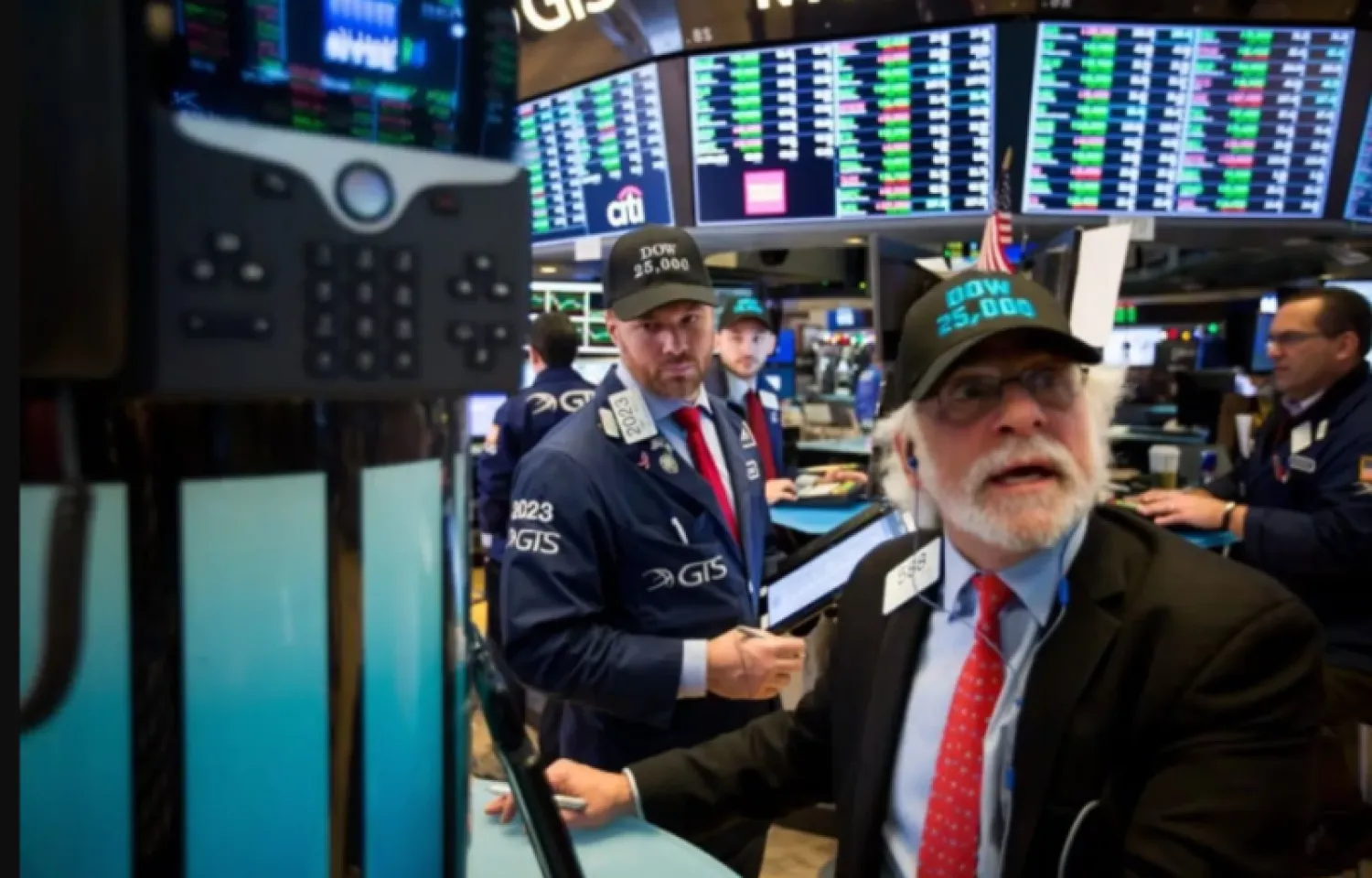The Dow Jones industrial average hit the 25,000 mark for the first time Thursday, and I confess it made me giddy. The feeling lasted about 15 minutes until my head cleared and I said to myself, “Sooner or later, this bull market will pass.”
But when will it pass? And is it too late to jump in and grab a ride while it’s still going up?
“I can relate this question to family discussions we just had at Christmastime,” said Suzann Pennington, chief investment officer at Foresters Asset Management. “I have a brother who is almost 60 and looking toward retirement in five to seven years. He asked me if he should dare to put more money into the market.”
“I said, ‘You have to.’ It goes back to the expression, ‘Make hay when the sun shines.’ The sun is shining. We have synchronized global growth for the first time since the Great Recession.”
Yes, equities have had an incredible, nearly nine-year run. The Dow was up about 25 percent last year and the Standard & Poor’s 500-stock index was up about 20 percent.
Pennington is one of a host of Wall Street wags who say worldwide fundamentals — interest rates, unemployment, economic growth — are so good that the stock market could keep climbing for a year or more.
Dive in, says super-bull Ivan Feinseth, chief investment officer at Tigress Financial Partners.
“The market is going a lot higher,” Feinseth said. “You have synchronized global growth, positive earnings growth, the tax cut, wage increases and accommodative monetary policy. Markets around the world are making new highs.”
Guests speaking on CNBC Thursday predicted another year or even two for the bull market.
“This bull market will go on to make all-time highs and also establish a record,” Sam Stovall, chief investment strategist of US Equity Strategy at CFRA, said on CNBC. “Give us only eight months, and we’ll be in a brand new record in terms of the duration of this market since World War II.”
The spoiler is often rising interest rates and a recession, usually defined as two consecutive quarters of negative growth.
“A normal recession, a normal end of the cycle is just nature,” Pennington said. “That’s a good way for it to come to an end. Yes, you will have a decline in the market. And you will have a normal bear market of at least 20 percent. Then we will go back up again.
“I’ve been doing this for 30 years and have seen several of these cycles,” Pennington said. The bear market “certainly doesn’t feel good. It’s not a reason to panic. Keep a long-term view and know why you are invested in stocks. If you are 60 years old, it means you probably are going to live to 85 or 90, and you don’t want to outlive your money.”
My wife and I are in the same boat as Pennington’s brother: 60ish and looking at retiring in the next few years. We have two-thirds of our money spread around in stocks and the rest in bonds. Do we bail out of this market? Okay, so then what? Gold? No thanks. Real estate? That crashes, too. Mortgage? Done. Long-term care? Done. Bitcoin? I don’t gamble. Lottery tickets? I pay enough taxes.
John Lynch, chief investment strategist at LPL Financial, expects the stock market to be more volatile because of mid-term elections, a new Federal Reserve chairman and an unusually placid market in 2017.
“Let volatility be your friend,” Lynch said, adding that he expects several market dips this coming year. “We would view any pullback as an opportunity to put cash to work. We would encourage people investing new money to develop a plan with their financial adviser and dollar-cost average into the market over six months or 12 months.”
That means setting a fixed amount to invest in the market on a regular schedule, which takes advantage of stock market pullbacks.
Others see foreign stocks and emerging markets in particular — Brazil, China, India, Mexico, Eastern Europe — as further opportunities to pick investments before they have ripened.
“To the extent that anything appears cheap right now, it seems the enthusiasm is centered around emerging markets,” said Christine Benz, director of personal finance at Morningstar. “Prior to 2017, they had terribly underperformed the US market as well as developed markets. It took emerging markets longer to recover from the global crisis than the developed world.”
This is a long-running bull market, and anyone putting money in now is not buying cheap. Most of the good news is built into the price of stocks. Trump tweets, North Korean missile launches, terrorism, weather and Middle East instability have failed to derail the world economy.
Pennington cautioned that her only concern is what she can’t see.
“The only caveat is a black swan geopolitical event,” she said.
What would that be? A rare, unpredictable surprise that no one thought possible.
The Washington Post









